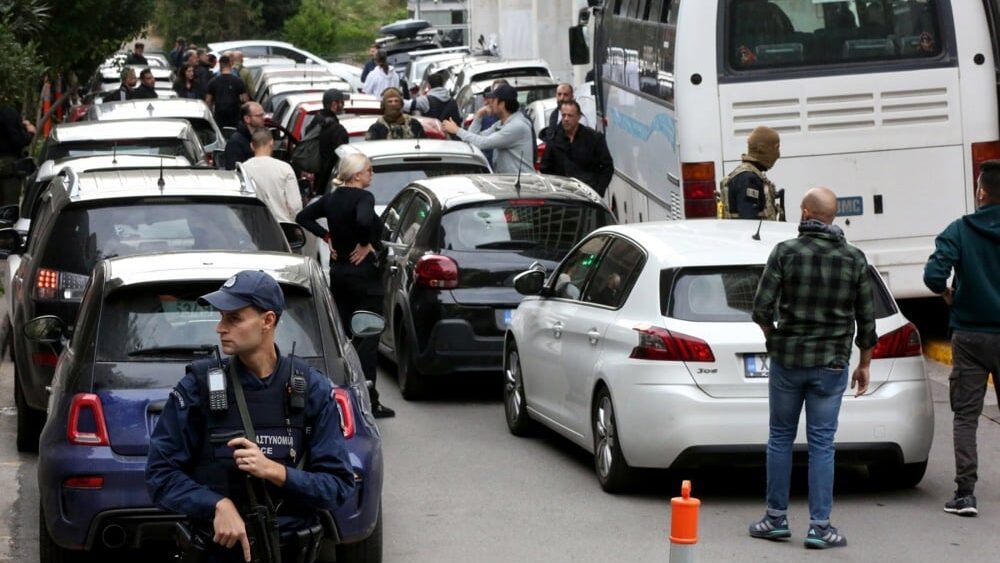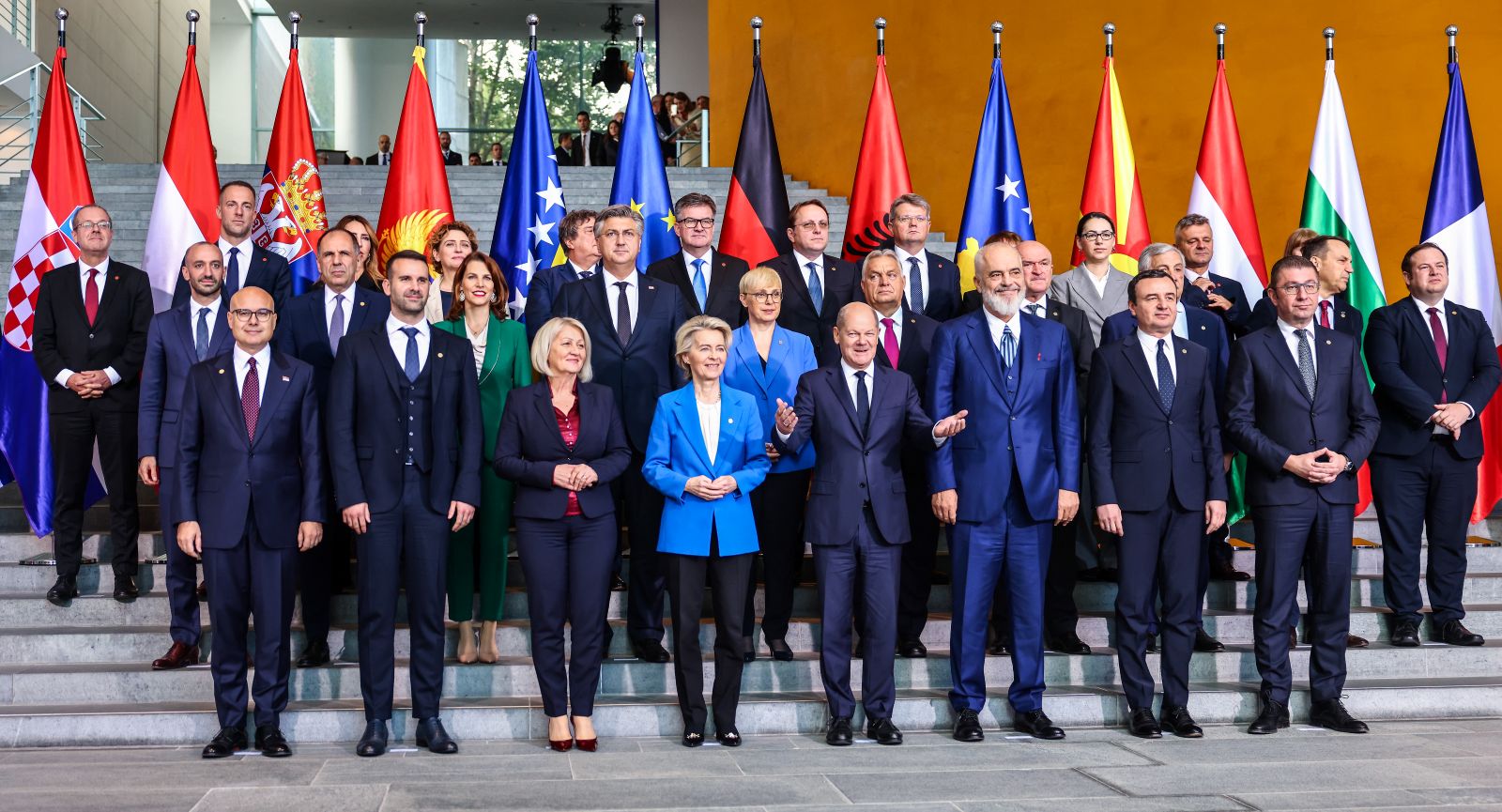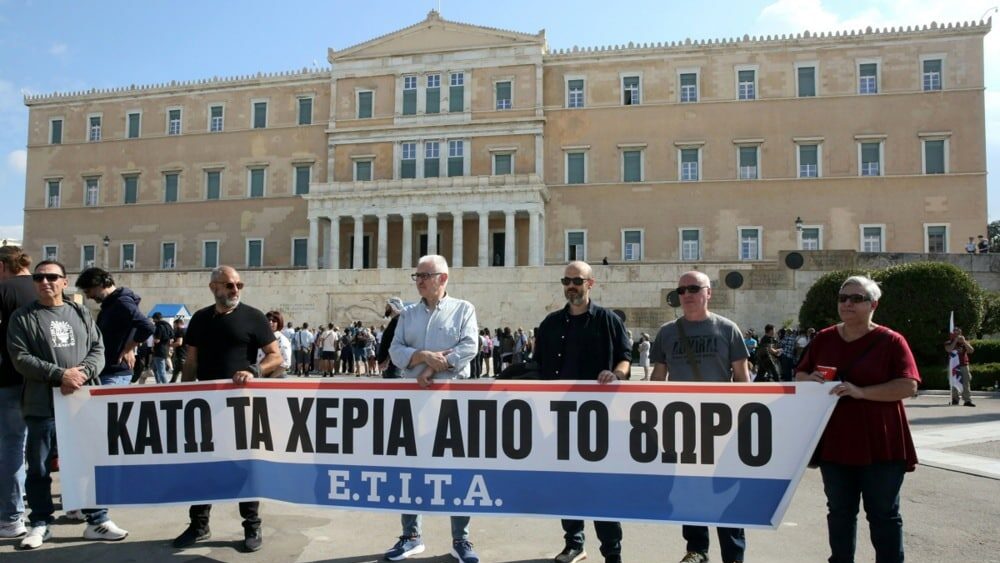Greek Police Reveal EU Agricultural Subsidy Fraud Network’s Scam System
Source: Balkan Insight

Greek Police on Thursday gave details about the arrests of 37 people allegedly involved in the so-called OPEKEPE scandal, in which an organised crime fraudulently obtained EU farming subsidies by making fake land ownership declarations.
In an investigation led by the European Public Prosecutor’s Office, EPPO, police said they carried out an operation on Wednesday in areas across the country from Thessaloniki in northern Greece to the islands of Santorini and Crete.
“Thirty-six members of the organisation were arrested, including the leaders, as well as an accountant who … assisted its activities,” said a police statement.
The police explained that the scheme had a “structured hierarchy and distinct roles”.
The gang first identified undeclared agricultural plots and pastures, which they falsely registered with third parties through the E9, a Greek tax form used to declare real estate. They then submitted Single Aid Applications under the EU’s Common Agricultural Policy, CAP.
They made the applications using false information, exploiting loopholes to claim agricultural subsidies from the Greek Payment and Control Agency for Guidance and Guarantee Community Aid, OPEKEPE, and collaborating with staff in certified offices cooperating with OPEKEPE and accountants.
To avoid attracting suspicions, the money was paid into accounts of false beneficiaries and circulated through relatives or associates. Virtual invoices, betting accounts, fintech applications and cryptocurrency cards were used to make tracing difficult. The “laundered” money was often invested in luxury goods and assets.
The police estimate that from 2018 to date, the cost to the EU and the Greek state has amounted to at least 5 million euros, which is expected to exceed 10 million after a full audit. The suspects are under investigation for establishing a criminal organisation, grant fraud, false certification, laundering of criminal proceeds and making deliberately false statements.
The Greek Anti-Money Laundering Authority has frozen the bank accounts of 29 individuals, which included 120,000 euros, a bank safe and betting accounts.
The original article: belongs to Balkan Insight .



